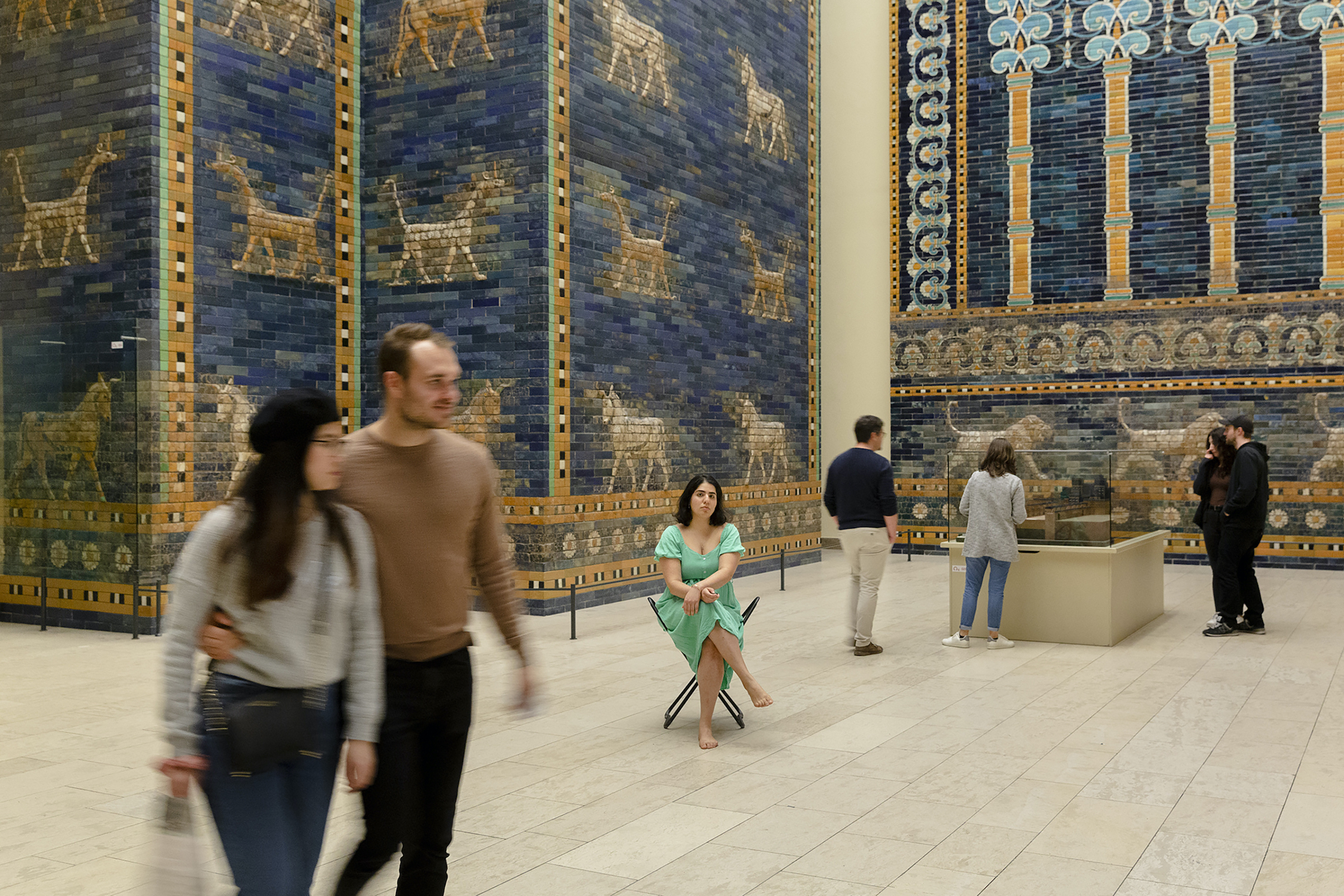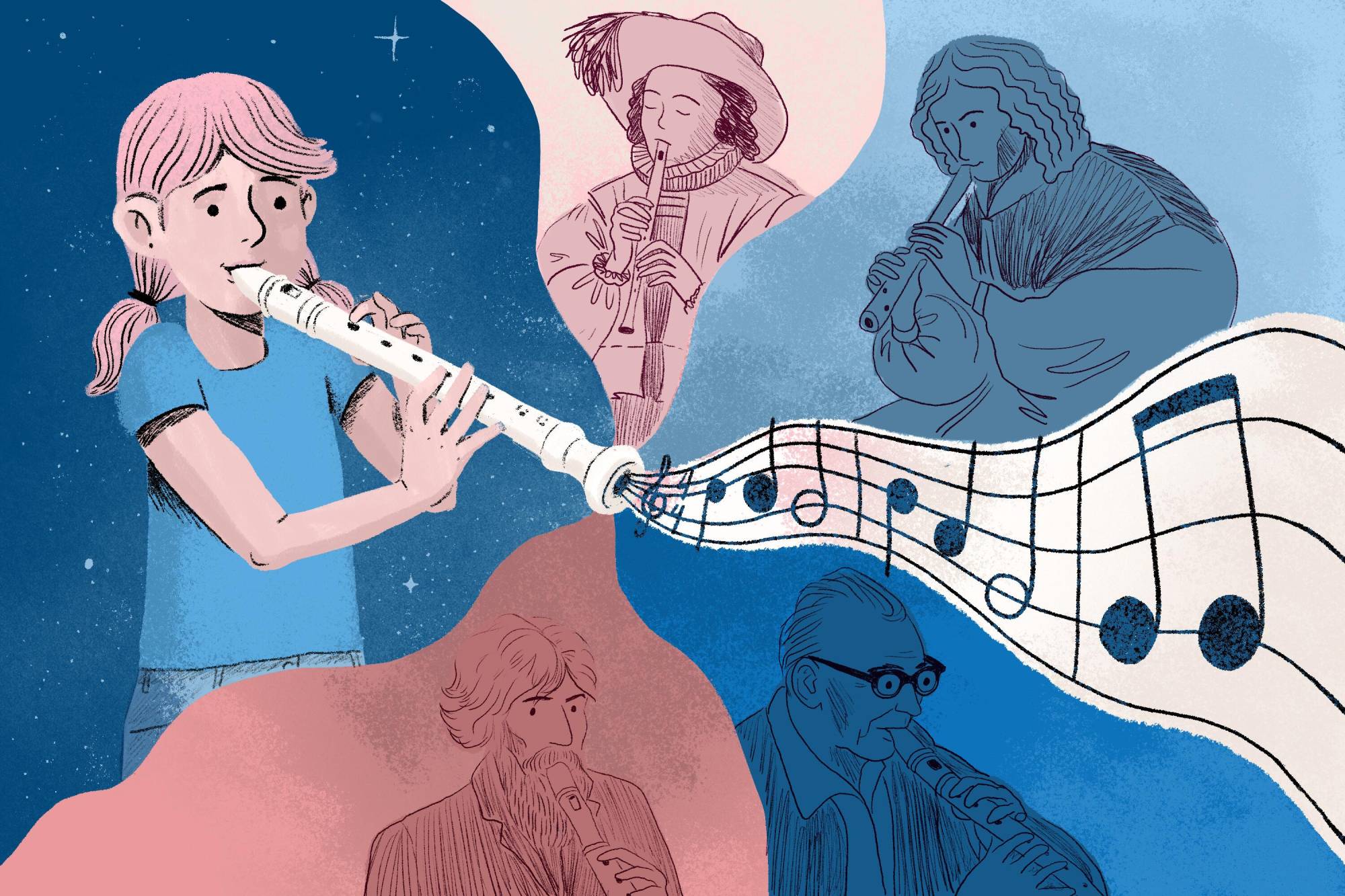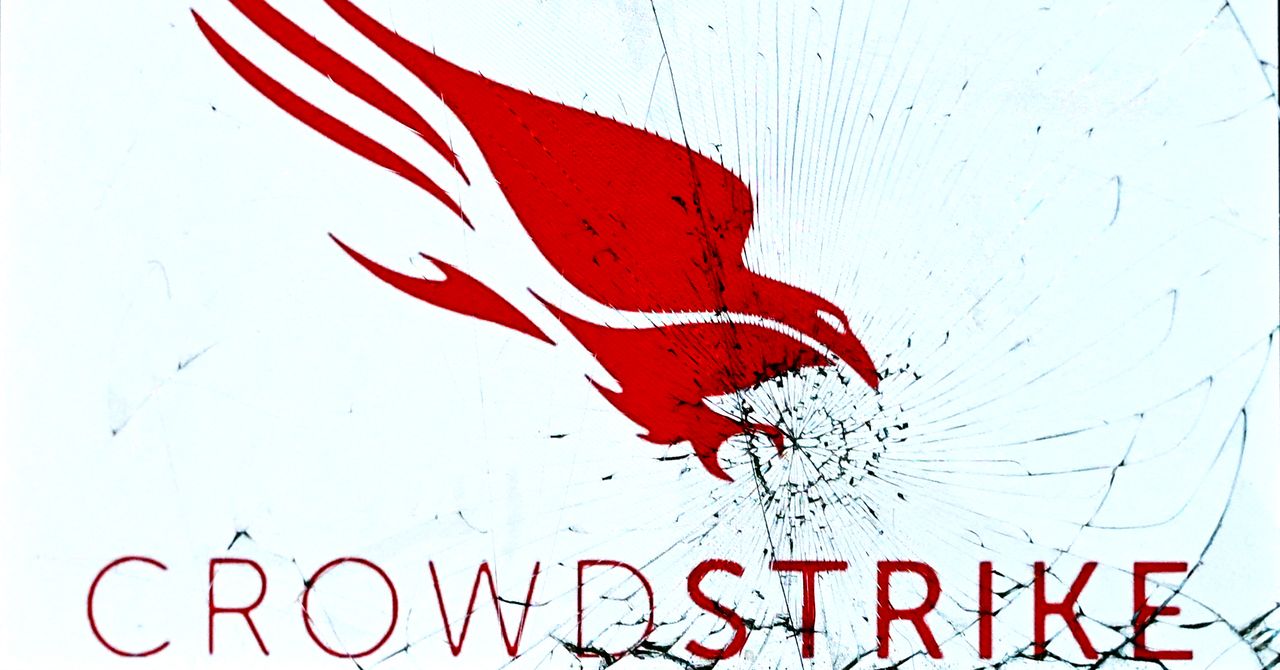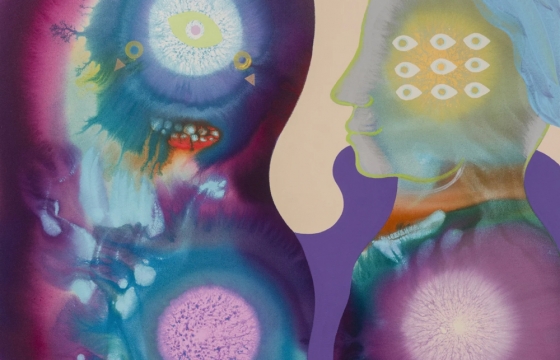A documentary photographer who said “Free Palestine” while accepting an award from the German Photographic Society (DGPh) earlier this month is facing backlash from members of the organization, who are claiming that her statement was “anti-Israeli agitation.”
Founded in 1951 after World War II decimated Germany’s photography industry, DGPh is a Cologne-based nonprofit that supports photographic and media-related work by honoring individuals and groups that have made exceptional contributions to the field. Its membership consists of over 1,100 individuals who join by invitation.
At its October 12 gala, the organization presented the laureates of this year’s awards, including Iranian-German photographer Shirin Abedi, who received a €500 (~$539) special mention under the Otto Steinert Prize for her proposed project examining the socio-economic impact of looted and trafficked cultural and historical objects from Southwest Asia. Upon receiving her award, Abedi made a minute-long statement that ended with a call to “free Palestine.”
“If you are lazy to study history, to understand colonialism, just look at Palestine and the Zionist apartheid state of Israel, committing genocide in Palestine,” said Abedi, who was wearing an original Hirbawi keffiyeh that a friend had given her and a watermelon clip in her hair.
“Stay resistant and keep educating yourselves,” Abedi added, making a peace sign gesture with her hand.
A few days after the ceremony, German photojournalist Thomas Gerwers, the chairman of DGPh’s Art, Market, and Law Section, sent Abedi a letter asking the artist to issue an apology and accusing her of “political propaganda.”
“Perhaps someone should have explained it to you: The German Photographic Society wants to be an open forum for all those interested in photography. Yes, also for Israelis,” Gerwers wrote in the letter, which he also published to DGPh’s 400-member Facebook group. “The DGPh does not want to be misused for dogmatic fanaticism.”
“As a German cultural society, we have a special responsibility for the right of the State of Israel to exist. Without ifs and buts,” he continued. “We have been abused by you here, no more and no less.”
Gerwers went on to say he was “speechless” that Abedi chose to say “free Palestine” given that DGPh’s Dr. Erich Salomon Award was also being presented that night. The photojournalism prize serves as a memorial to its namesake photographer, who was murdered alongside his wife in Auschwitz.
“October 7, 2023, has shown what could be expected if your wish for the ‘liberation of Palestine’ were to come true,” Gerwers’s missive reads.
Gerwers and the DGPh have not responded to Hyperallergic’s requests for comment.
In the past year, German cultural institutions have heavily cracked down on voices critical of Israeli violence against Palestinians, leading to artist-led protests and cultural boycotts like Strike Germany.
Ahmed Zidan, the deputy director of audience at Freedom of the Press Foundation, told Hyperallergic that Gerwers’s letter is “emblematic of what we have seen from various German cultural institutions, the federal and local governments toward pro-Palestine voices and their allies over the past year.”
“Shirin’s work highlights colonialism and the letter from the German institution, which supposedly awarded her for this body of work, reinforces the very thing she critiques,” Zidan noted.
Abedi told Hyperallergic that her project idea which won the special mention under the Otto Steinert Prize was inspired by her experience during the 2022 Iran uprising and subsequent visits to sites in southern Iran that had been excavated by French archaeologists in the 19th and 20th centuries. She said she spoke about Israel’s violence in Gaza and the Occupied West Bank because it felt relevant given Germany’s arms shipments to Israel, which are funded by the country’s taxpayers.
“I feel concerned about my industry [of photojournalists and documentary photographers] because it seems to me that the institution abuses its power,” Abedi said.
“If we don’t discuss, argue, and debate about human rights violations and the society we are building … who else shall do it?” she continued. “We are the ones who tell visual stories and work with representations of communities. This silence is scary.”






Leave a Reply